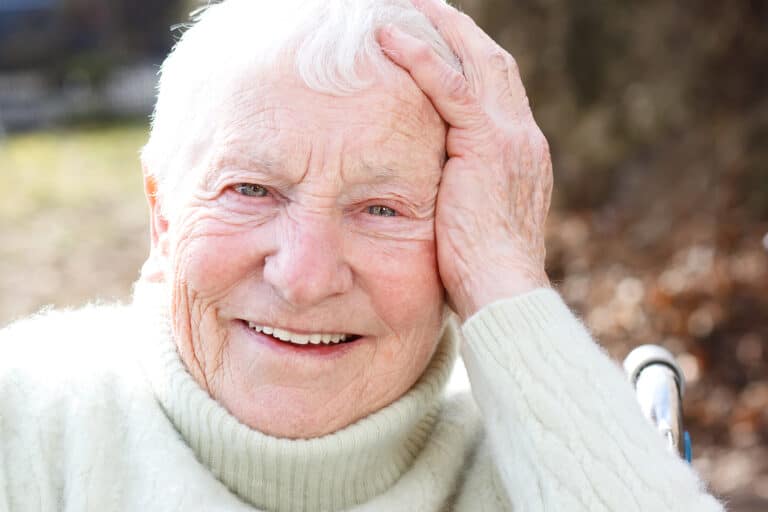Falls are the leading cause of injuries to seniors. One in four seniors fall every year, usually at home. And more than 800,000 seniors have injuries from falls so severe that they need to be hospitalized.
But, more seniors than ever want to continue living independently as they get older. How can seniors reduce the risk of falling at home but maintain their independence? 24-hour home care. Seniors who have 24-hour home care can usually remain in their homes safely because they have someone in the house with them to provide support around the clock.
Seniors who have 24-hour home care have a caregiver with them throughout the day and overnight to help prevent falls at night. Having overnight care can help seniors avoid falls at home by providing:
Supervision Throughout the Night
Seniors have a lower risk of falls when someone is in the house with them overnight. A caregiver who stays with seniors at night can help seniors adjust medical equipment, get water, turn off lights, and do other things that can cause seniors to fall at night if they try to do them in the dark.
Help Getting to and from the Bathroom
Seniors often need to use the bathroom during the night, and this can be a high-risk time for falls. Overnight caregivers assist with safe transfers to and from the bathroom, ensuring that seniors have the support they need to navigate through the dark and potentially unfamiliar surroundings.
Help with Medications
Seniors who take medication at night, especially sleeping medication, can experience dizziness, vertigo, or impaired balance. If they try to get up to get a drink, go to the bathroom, or get a blanket they can fall due to side effects of the medication. With a home care provider there to help get them things they need and help them move around the house seniors are much less likely to fall.
Monitoring at Night
Care providers that work with seniors at night will start to notice your senior parent’s routines. They will be there to help them get out of bed in the morning or help them get up in the middle of the night so they can use the bathroom. And if something happens and your senior parent has a medical emergency they will know how to spot the signs of distress and get immediate help.
Cognitive Support
For seniors with cognitive impairments such as Alzheimer’s or dementia, overnight caregivers provide crucial cognitive support. This includes redirecting confused individuals away from potentially unsafe areas, ensuring they stay in bed, and addressing any nighttime wandering tendencies that may lead to falls.
Emergency Assistance
If seniors do fall or have a medical emergency at night a care provider will be here to call emergency help or provide first aid until first responders arrive. Knowing seniors won’t be alone at night if something happens gives peace of mind to seniors and their family members.
Companionship and Emotional Support
Seniors often get lonely or have anxiety at night. This can make it tough for them to sleep. If they get up and start pacing, or try moving around the house, they can fall. Knowing that a caregiver is there with them all night makes it easier for seniors to fall asleep and get the rest they need.
If you or an aging loved one is considering 24-Hour Home Care in Islip, NY, please contact the caring staff at Help at Home today! Call (631) 859-3435
Help at Home is a top provider of home care services in Islip, Babylon, Huntington, Smithtown, Brookhaven, Hempstead & Oyster Bay, and surrounding areas on Long Island & NYC. We serve Brooklyn, Queens, Nassau, and Suffolk Counties.
Whether you or a loved one is recuperating from an illness or a senior requiring care, we can help. Help at Home is committed to providing quality home care at affordable rates. Helping a patient remain in the comfort and security of their home is our goal. We are the best alternative to nursing homes and assisted living facilities. Help at Home caregivers
- Meal Planning: Helping Seniors Take the First Step - April 23, 2025
- Help at Home Spring Planting Event at Waters Edge Rehab - April 15, 2025
- The Benefits Seniors Get From Living at Home - April 4, 2025


